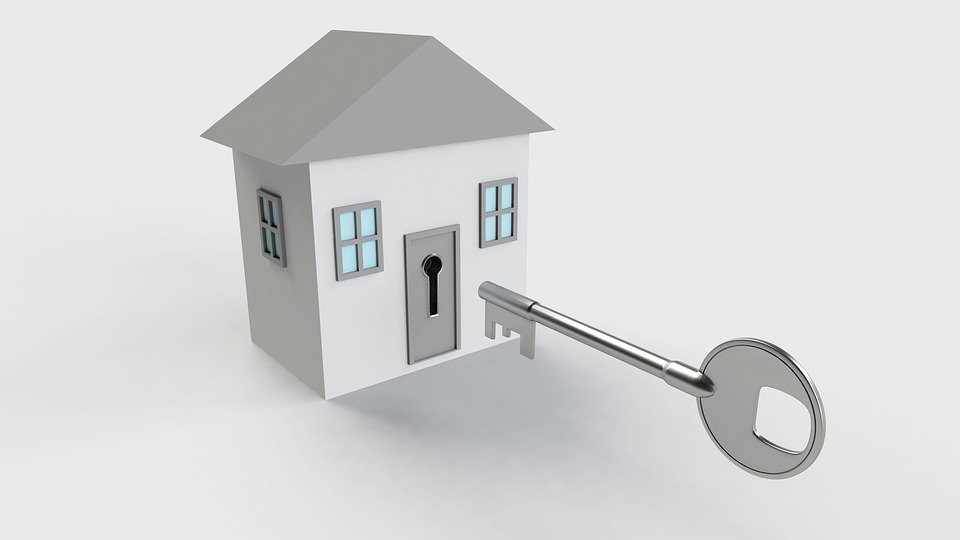With some high street banks turning away self-employed mortgage applications from those who have taken out government Covid grants during the pandemic, and a recent report from Shawbrook Bank revealing that 35% of borrowers are unsure if they will get a mortgage due to being self-employed, many consumers may feel that being self-employed is a barrier to homeownership.
In fact, the research from Shawbrook Bank found that although 23% of borrowers were unsure if they could get a mortgage if they were self-employed, while a further 12% believed that being self-employed would result in a mortgage rejection. Meanwhile, some self-employed applicants have found that high street banks have turned down their mortgage applications due to taking out the government’s self-employment income support scheme (SEISS) grant.
Although being self-employed may make it harder than an employee to get accepted for a mortgage, being self-employed is not a complete barrier to homeownership. Here are some ways those who are self-employed can help to ensure that their mortgage application is accepted.
Have the right financial records
A mortgage lender is most interested in whether the borrower can make the repayments needed on the mortgage. While this is usually easier for employees to prove – they just need to show their wage slip – for those who are self-employed this can be harder to prove, especially as their income may vary month-to-month. As such, those who are self-employed will need to show a larger number of financial documents. For those who are self-employed, this means providing various documentation to help evidence your financial position. This includes two or more years of certified accounts, tax calculations and tax year overview, bank statements, proof of address, and your last mortgage statement (if you’re remortgaging). Some lenders may ask for further documentation later down the line, for example, if you’re a contractor, lenders may review past and future contracts. Either way, getting everything in order well in advance will help smooth the process.”
To find out more about how we can assist you with your Contractor Mortgage please click here
Be in a strong financial position
Along with wanting to ensure that borrowers have the income needed to meet repayments, mortgage lenders also want to make sure that the mortgage is affordable given the applicant’s outgoings. As such, getting finances in order before making an application will help to improve chances of getting accepted for the mortgage. For example, paying off outstanding debts, such as credit cards or personal loans, can help to improve the borrower’s attractiveness to mortgage lenders. As well as this, improving credit scores can also help to boost the chances of the application being accepted. Mortgage applicants should consider checking their credit score online – which they can do for free here – and work towards improving their score if needed. “A good credit history will stand you in good stead when it comes to dealing with lenders,” revealed Murphy. “Keeping up with credit card payments, paying bills on time, or closing any unused bank accounts in the run up to your application will help with this. If you can show you have a good credit score, you’ll be in a great position for getting a mortgage.” For tips on improving credit scores read our guide on how to improve your credit score.
Save for a large deposit
Rising house prices may make it harder to save for a deposit, but if possible, saving for a large deposit of 15% or more will help to increase the chances of the mortgage application being accepted, particularly for those who do not have a long history of financial records. Using a Lifetime ISA (LISA) can be a good way of boosting savings when saving towards the deposit for a first home as a 25% Government bonus is added to deposits each year, up to a maximum of £1,000 per year. Those considering a LISA should, however, be aware that the money saved must be used towards the deposit of a first home, or during retirement, and if withdrawals are made for any other reason a hefty penalty fee is charged. For more tips on saving towards a house deposit read our guide on savings for your first home.
Use a mortgage broker
Using a mortgage broker can help to improve chances of the application being accepted as they will not only be able to guide applicants through the process, including ensuring they have all the relevant documents needed, but will also be able to highlight deals that are more likely to accept applications from those who are self-employed.
By Derin Clark
Source: Money Facts
For more information on getting a contractor mortgage click here.

